Hacked chats expose questionable methods used by Swiss and Brazilian prosecutors
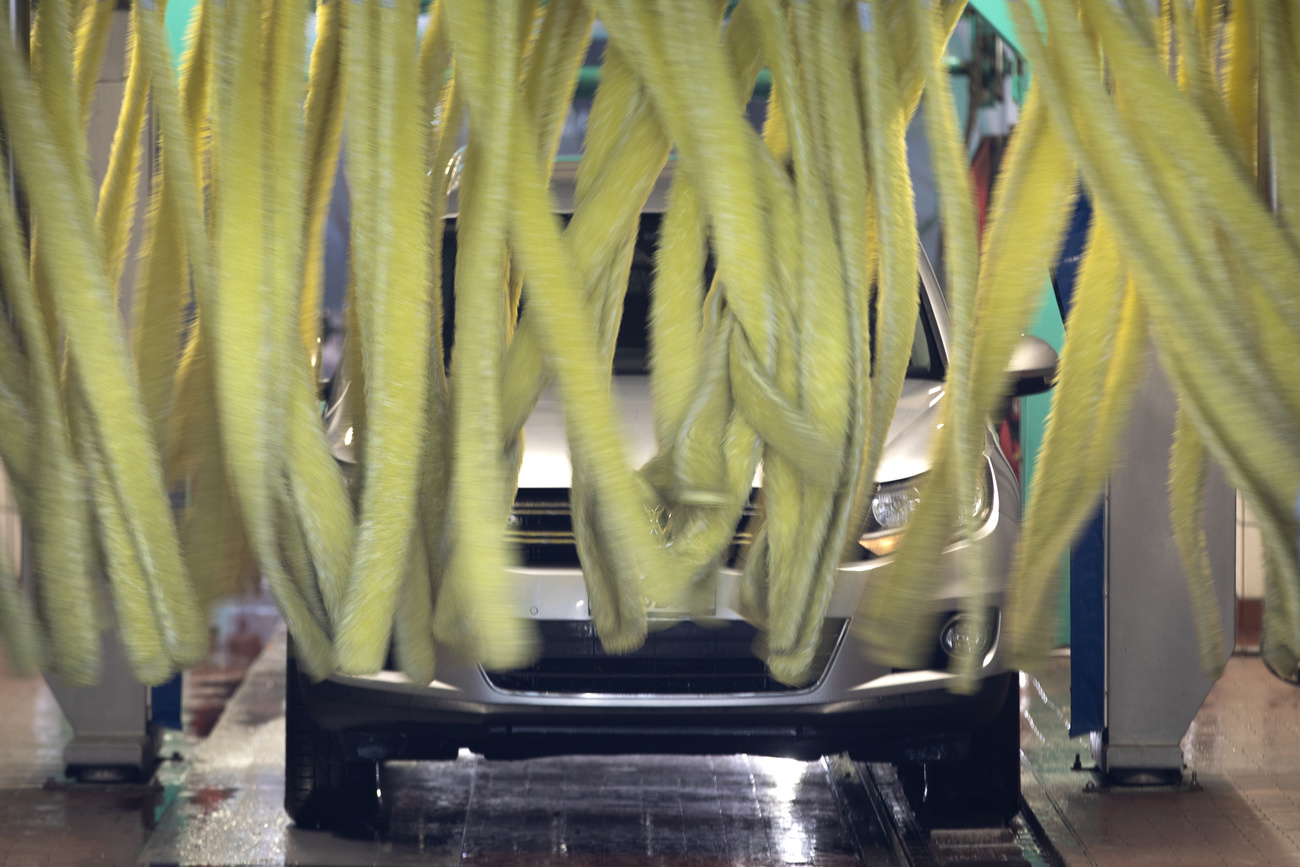
Launched in 2014, the high profile Operation Lava Jato (Car Wash) was meant to fight corruption in the highest levels of Brazilian politics and business. Terminated in early February this year, the task force is now being scrutinized because of new revelations - this time, however, the focus is not the billions of dollars in bribes paid to political groups, but the investigators and judges involved in the operation – raising questions about the cooperation of the Swiss authorities.
Over the past six years, Switzerland has been a key player in Brazil’s largest ever anti-corruption drama, Operation Lava Jato (Portuguese for “car wash”). The operation has unearthed the shady dealings of some of its major corporations and political parties.
As part of its agreement to provide legal assistance to Brazil, the Swiss Office of the Attorney General (OAG) froze more than a thousand accounts in 40 different banks, totaling more than $1.1 billion (CHF970 million). A total of 210 official requests for collaboration to investigate suspects were issued by the Brazilians. Without Switzerland, many cases in Brazil would unlikely have been brought to trial. In total, more than US$ 700 million (CHF 620 million) lying in accounts in Geneva, Lugano and Zurich were returned to Brazil.
However, recent revelations have shed new light on how Swiss and Brazilian prosecutors cooperated. According to documents released by the Supreme Court in Brazil, part of the exchange of information on bank accounts and names of suspects was shared via the instant messaging app Telegram, and not through the official channels.
The revelations immediately raised questions: can investigators from different countries legally exchange information in an informal way? Did they violate cooperation agreements? Did they undermine the rule of law?
Collusion matters
This story began in 2019, when hackers obtained access to the phones of Brazilian prosecutors and, most notably, to hundreds of messages exchanged on Telegram. When the details reached the press that year, the first evidence of collusion between the then judge Sergio Moro, responsible for trying the cases, and the prosecutors who were supposed to investigate corruption, surfaced.
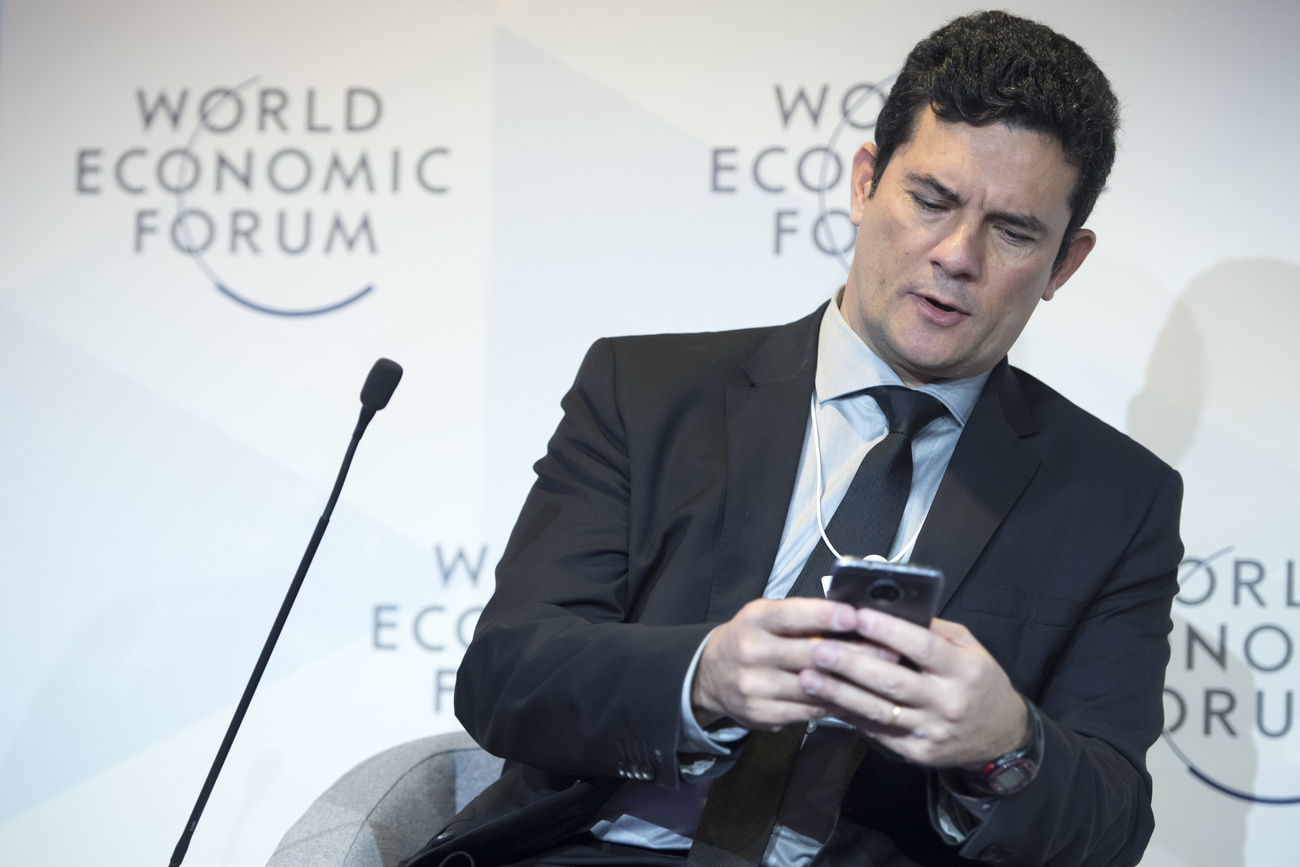
When the anticorruption operations began, in 2014, Moro achieved a sort of national hero status, in a country hungry for changes to its political system and to put an end in endemic corruption.
One of his most relevant decisions was to convict former president Luiz Inácio Lula da Silva of corruption in a process still contested by law experts for being based on feeble or inexistent evidence.
The leaked chats, first exposed in the Brazilian media in 2019, confirmed these doubts, sparking worldwide condemnation of Lula’s arrest.
“We were shocked to see how the fundamental rules of Brazilian due process were violated without any shame. In a country where justice is the same for everyone, a judge cannot be both judge and party to proceedings”, said a joint statement signed by Susan Rose-Ackerman (Yale University School of Law), Herta Daubler-Gmelin (former German Justice minister), Baltasar Garzón (Spanish judge famous for the Pinochet process), among others.
Lula was de facto unable to take part in the 2018 presidential race, which he was leading, opening the path for the election of the far-right candidate, Jair Bolsonaro.
It was Bolsonaro himself who, once in power, named Moro as his Minister of Justice. And it was in this new capacity that the former judge authorized a police operation to seize the hackers’ material and arrest the authors of the attacks in 2019. The hackers are still in prison.
Leaks cleared by the Supreme Court
Last week, in a new twist to the case, Brazil’s Supreme Court ordered that data confiscated by Brazilian Federal Police be made available to Lula’s defense team.
In Brazil, the case has shaken the country’s Supreme Court and the revelations of theTelegram exchanges have generated indignation among some of the justices, especially concerning how investigations of Operation Car Wash were handled between the judges and prosecutors, and how the cases were constructed.
For Lula’s defence team, the hacked Telegram chats reveal “clandestine channels” of cooperation between Brazilians and the Swiss. The Brazilian prosecutors claim that nothing was done outside the rule of the law.
One of the arguments made by the former president’s defence refers to the fact that, far from the traditional paths of international cooperation, the Swiss and Brazilians used informal chats for over a year to exchange names of suspects, as well as information on bank accounts and corruption schemes.
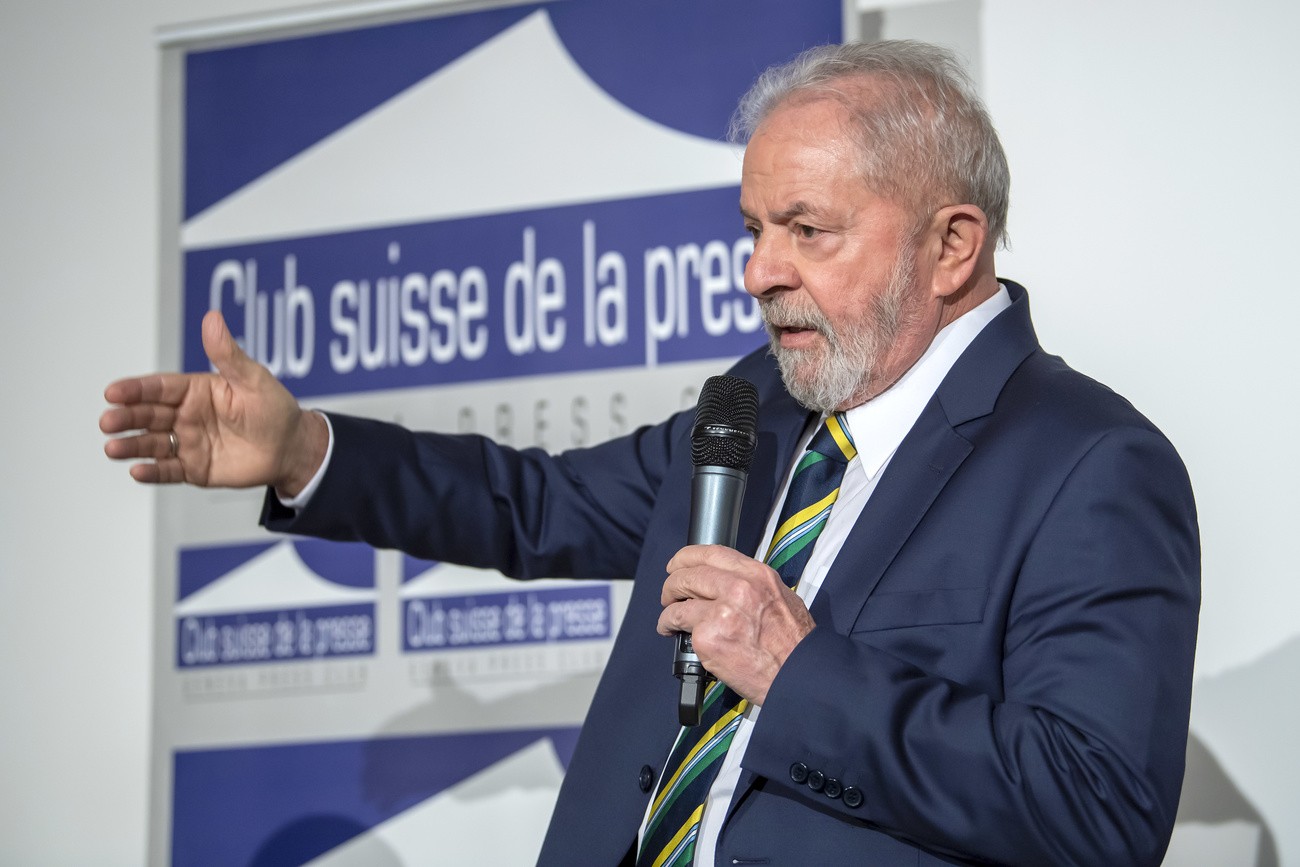
Constant exchange of suspects’ names via chats
On March 23, 2016, for example, then Swiss prosecutor Stefan Lenz wrote in the Telegram chat group to his Brazilian counterparts: “Some information about Alvaro Novis: he is the beneficiary of a Siena Assets International Corp. account also at PKB Bank. He is also heavily involved in the scam!” The message is complemented with spreadsheets of payments made by Odebrecht, one of Brazil’s largest business conglomerates.
The next day, the exchange of names and accounts continued. Lenz asked, “Do you have any information on Jose Americo Vieira Spinola, he is involved in the ODE [Odebrecht] scheme with Erie International LLC, account with PKB bank?” He also asked for information on Antonio Claudio Albernaz Cordeiro (Tonico), also detailing his accounts and bank.
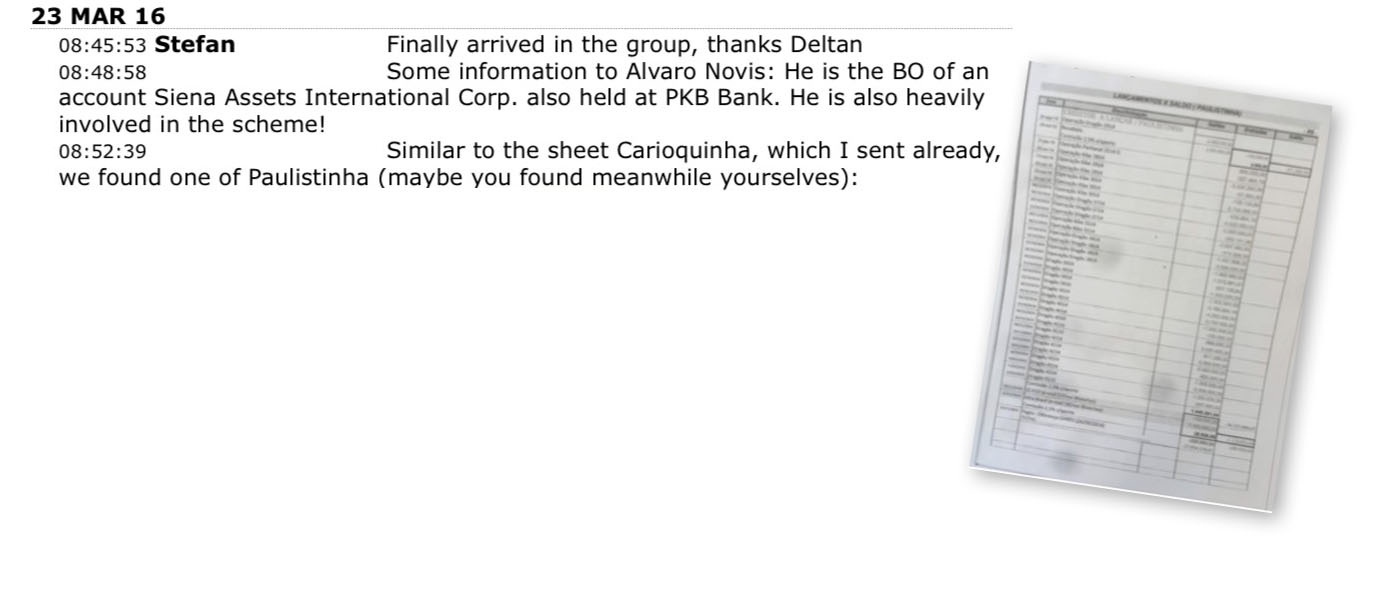
The practice continued for months, implicating many other suspects. On August 25, 2016, Lenz told the chat group about a bank report mentioning a certain Luiz Antonio Batagini. “He is involved in your investigations/are you interested in him or his bank account?”.
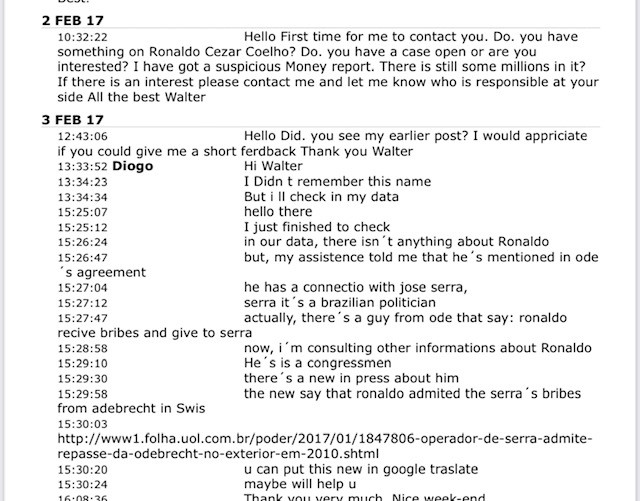
This was not isolated behavior. In 2017, after Walter Maeder replaced Lenz at the Swiss OAG, the practice continued. On February 2 of that year, Maeder joined the chat group and made a first request. “Do you have anything on Ronaldo Cezar Coelho [banker and elected member of the Brazilian House of Representatives]? Do you have a case open or are you interested? I have got a suspicious Money (sic) report. There is still some millions in it? If there is an interest, please contact me and let me know who is responsible at your side”, he asked.
In Brazil, the answer was clear: “He has a connection with José Serra. Serra is a Brazilian politician actually. There is a guy from ODE [Odebrecht] who says: Ronaldo receives bribes and give [them] to Serra,” said Lava Jato prosecutor Diogo Castor de Mattos.
A former governor of São Paulo, former Foreign Minister, former Minister of Health, senator and a presidential candidate in several occasions, Serra has been a heavy-weight political figure since the end of the military regime (1985).
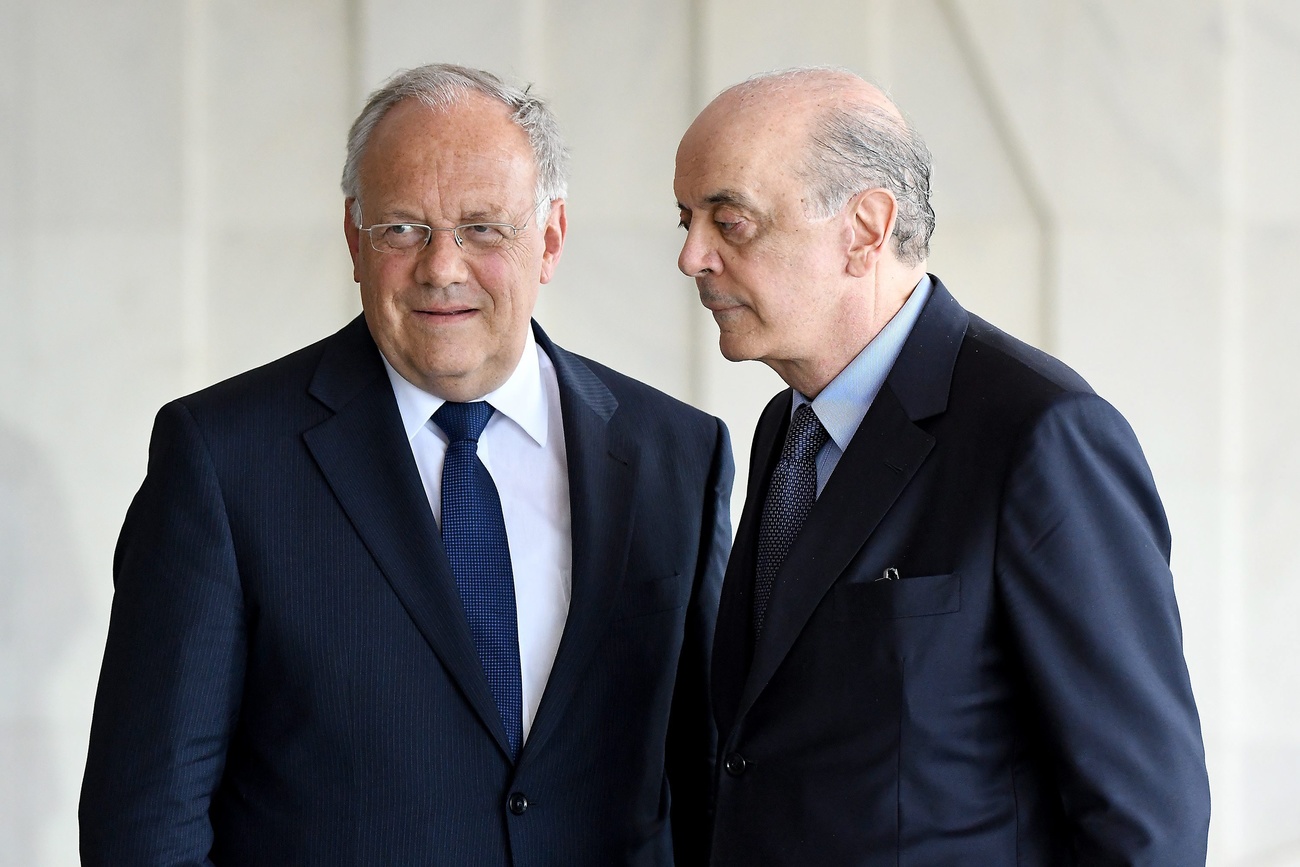
Pressure during meetings
The messages between the Brazilian and Swiss prosecutors were not limited to exchanges of names or personal requests. In the Telegram exchanges, it was clear that the data would be used to pressure suspects in meetings in Brazil.
On April 7, 2016, prosecutor Deltan Dallagnol made a direct request to Lenz. “Stefan, do you have a list of the Odebrecht offshores and the offshore accounts?” Less than 20 minutes later, the Swiss replied in the affirmative. “Yes, one we seized from FM (Fernando Miggliaccio)”. Two months before, the Swiss authorities in Geneva had arrested Fernando Miggliaccio, a former official in Odebrecht’s Structured Operations Department and responsible for organizing the payment of bribes.
Lenz mentioned the fact that an attaché at the Swiss embassy in Brasilia was authorized to pass the data to the Brazilians, but only for “intelligence purposes”. According to the Swiss, the files contained not only offshore companies and other accounts, but also “all payments made by ODE’s offshore companies”.
Once again, access to the information would return to the group’s chat on April 11. In addition to the attaché at the embassy, Lenz also offered another way for the group to access the data.
“If it is useful for you for tomorrow’s meeting, I can give you the information about all the offshores directly and indirectly controlled by ODE as far as FM (Fernando Miggliaccio) is concerned by tomorrow morning Swiss time,” he wrote.
Without naming what the meeting would be, one of the Car Wash prosecutors, Orlando Martello, would reply on how he would use the data the Swiss would pass on via chat.
“The information about how many offshores are directly or indirectly related to the ODE would be useful for tomorrow’s meetings,” he said. “I will not give them the names of the companies, but I will tell them that they need to clarify all the transactions that were made by their offshores (under their control) and, at least, explain and clarify the transactions and the beneficial owners of the offshores associated to them. Besides that, I will demand from them the others information [sic] you have already requested,” he said.
As promised the next day, Lenz sent a PDF file to the chat group. “Here is the list,” he said. “The names in ‘managed by’ are not on the original sheet. Either FM was telling us or we know from other evidence we have. Good luck in today’s meetings,” said the Swiss.
The information on the network of companies was seen as fundamental to unlocking the case on Odebrecht. Unlike other companies investigated by Lava Jato, Odebrecht had created a sophisticated system to camouflage the route for the payment of bribes.
Names anticipated, before official data arrived
The chats also show how the Lava Jato Operation gave the Swiss attorney general the names of people suspected of involvement in corruption cases and who would, months later, be the target of plea deals. The list included top Odebrecht executives. As stated in the transcripts, representatives of the OAG asked for employee confidentiality and suggested secrecy about the exchange of information.

Members of the group discussed mainly the terms of what would become Odebrecht’s leniency agreement, signed by the company with the Brazilian Attorney General’s Office (MPF) in December 2016 and the Swiss OAG.
On September 19, 2016, prosecutor Orlando Martello wrote to the other members of the Lava Jato task force. “Guys, I passed the list with possible names for settlement to Stefan (in off),” he said, in a reference to Stefan Lenz.
Martello did not explain to the other colleagues why he used the term “in off” when referring to cooperation with Switzerland. The Brazilian prosecutor continued his message, explaining and copying the reply he received from Lenz. The Swiss was complaining that, in the list sent by Lava Jato, some names were missing.
“OK Orlando. There are some people missing from the list,” Lenz said. “I have not checked all of them. But I have the following names in mind: [follows ten full names]. Any comment on these names?” asked the Swiss.
Martello then explained to the other prosecutors: “I haven’t asked yet, but certainly he knows these people because they are involved in his investigation.” On Lenz’s list, virtually all the names refer to senior Odebrecht officials.
Different interpretations of the law
Given the amount of information exchanged, there are two different assessments of the messages. Brazilian prosecutors consider that none of this should be considered illegal, since the exchange of intelligence should be part of the fight against international corruption, which systematically takes advantage of national borders to hinder the work of the public authorities.
The defence of ex-president Lula sees the situation in a different light, insisting that such a stance violates international cooperation agreements. This is also the conclusion of Public Law expert Rafael ValimExternal link, lawyer and Visiting Professor at the University of Manchester.
“It is fundamental to name the phenomena correctly. There is no ‘informal’ international cooperation, as we sometimes hear from prosecutors and journalists. International cooperation outside legal procedures is illegal and must lead to the accountability of those who carried out the illegalities,” he said.
“The generic and indiscriminate search for data about certain persons, on the margins of the law, harks back to a police state, incompatible, obviously, with the guarantees of a democratic criminal process,” he pointed out.
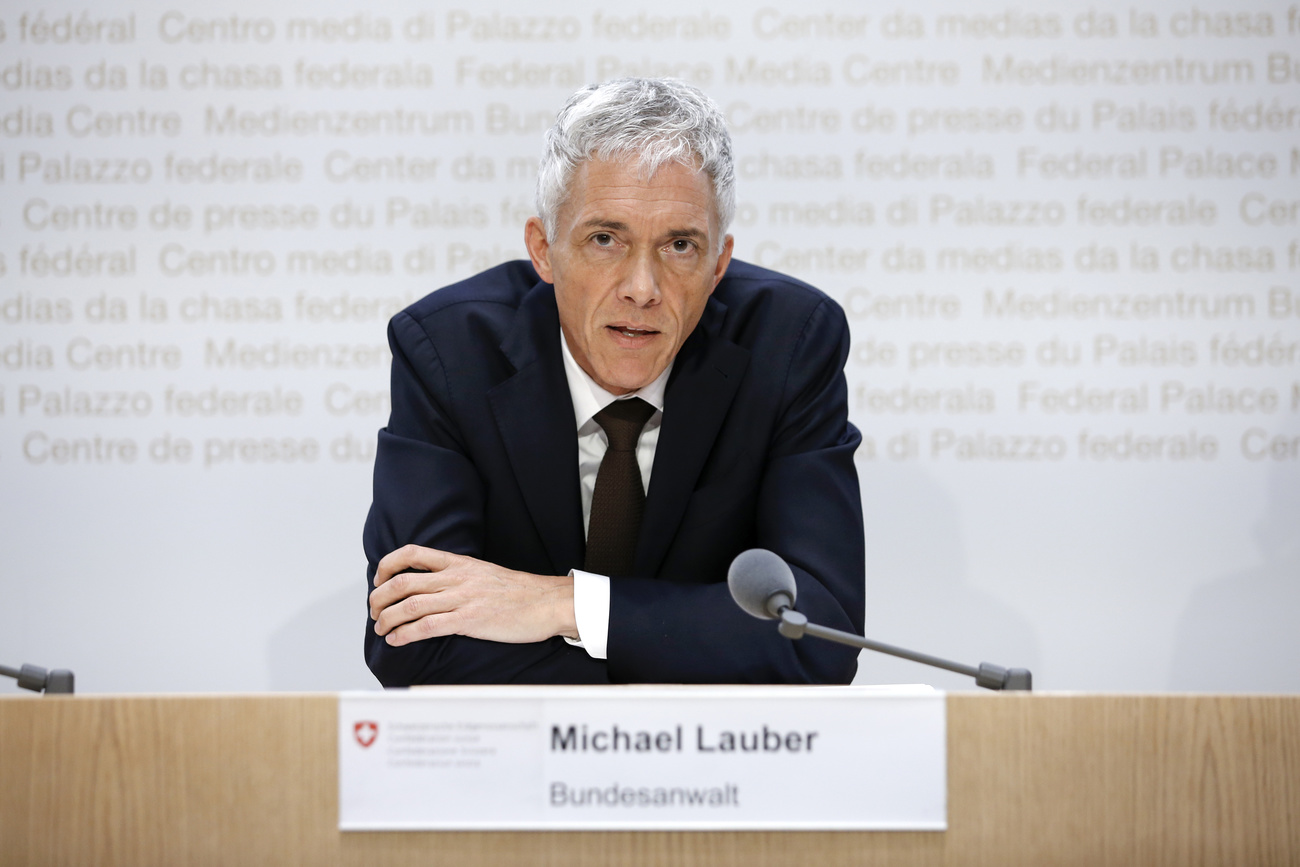
This is not the first time during the Odebrecht/Petrobras investigations that the OAG’s methods have been called into question. In 2015, for instance, the Federal Criminal Court ruled that the Swiss prosecutors committed irregularities in the procedure by sending documents and bank statements to Brazil concerning Odebrecht without giving the suspects involved in the case a chance to appeal against the delivery of the data.
The ruling did not require that the cooperation be suspended but requested that the process be reviewed and done once more before the documents were allowed to be used officially in Brazil in any trial, investigation and process.
The OAG, after redoing the legal procedure, obtained approval to formally send the data to Brazil. The issue, however, delayed the process and the use of the information by several months.
The emergence of the Telegram chat transcripts also raises questions about the level of involvement by the then attorney general Michael Lauber, himself questioned for violating procedures in other high-profile cases, such as the FIFA corruption scandal.
“No illegal practice”
Former prosecutor Stefan Lenz disputes the illegality of the methods. In a response to swissinfo.ch, he said, “There was no illegal practice in the exchange of evidence and information between me and Lava Jato team.”
For its part, the OAG stated that it “leads its criminal proceedings in line with the legal principles which are the basis for the work of and collaboration between the relevant authorities. (…) Regarding the series of cases Petrobras – Odebrecht, the cooperation between the authorities currently continues uninterrupted. The FOJ [Federal Office of Justice] has delegated for execution to the OAG over 210 requests for mutual legal assistance from different countries, primarily Brazil. The OAG has executed approximate two thirds of these requests so far. (Figures are accurate as of September 2020)”
The statement adds that “good cooperation between the authorities, both at national and international levels, is crucial when dealing with a series of investigations of such proportions. Finally: The OAG is not leading any criminal proceedings concerning these elements.”
In Switzerland, investigators are allowed to send information to authorities abroad without having been requested to do so. This is what is called ‘spontaneous transmission of information’. However, it does not mean informality.
The Federal Act on International Mutual Assistance in Criminal MattersExternal link states that “an authority prosecuting offences may, without being requested to do so, transmit to a foreign authority prosecuting offences information or evidence that it has gathered in the course of its own investigation, when it determines that this transmission may: permit the opening of criminal proceedings or facilitate an ongoing criminal investigation”.
The Federal Act also claims that “information that is subject to the rules on secrecy may be transmitted if it may enable the foreign State to present a request for mutual assistance”. In other words: foreign investigators can use the information received in order to request a full cooperation on the matter.
However, conditions are also clearly stated: a “record shall be made of each spontaneous transmission”. In the chats, there is no indication from the two sides of any formal record of the communication via the app.
There is also no explanation whether these exchanges can be used to pressure suspects in Brazil, as indicated in the chats.

In compliance with the JTI standards
More: SWI swissinfo.ch certified by the Journalism Trust Initiative








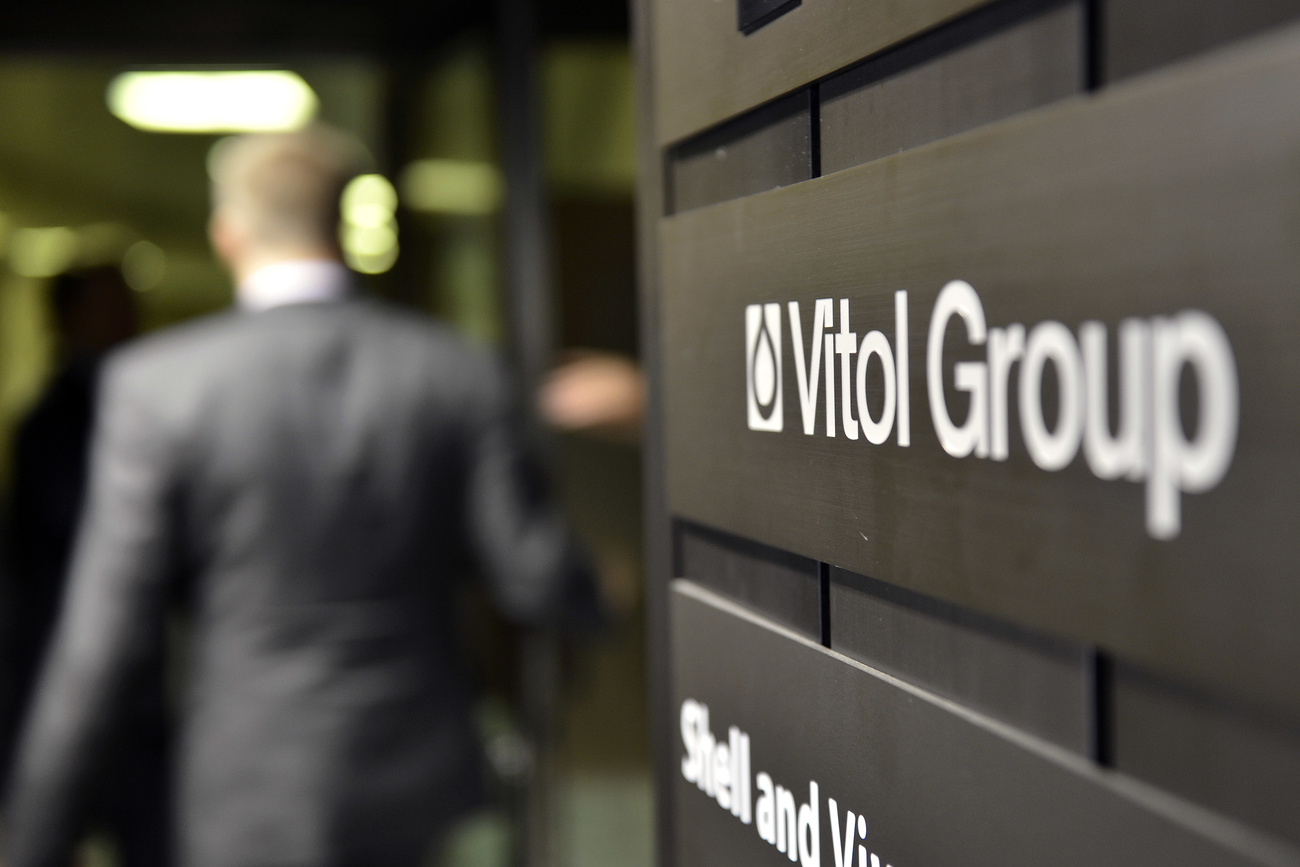
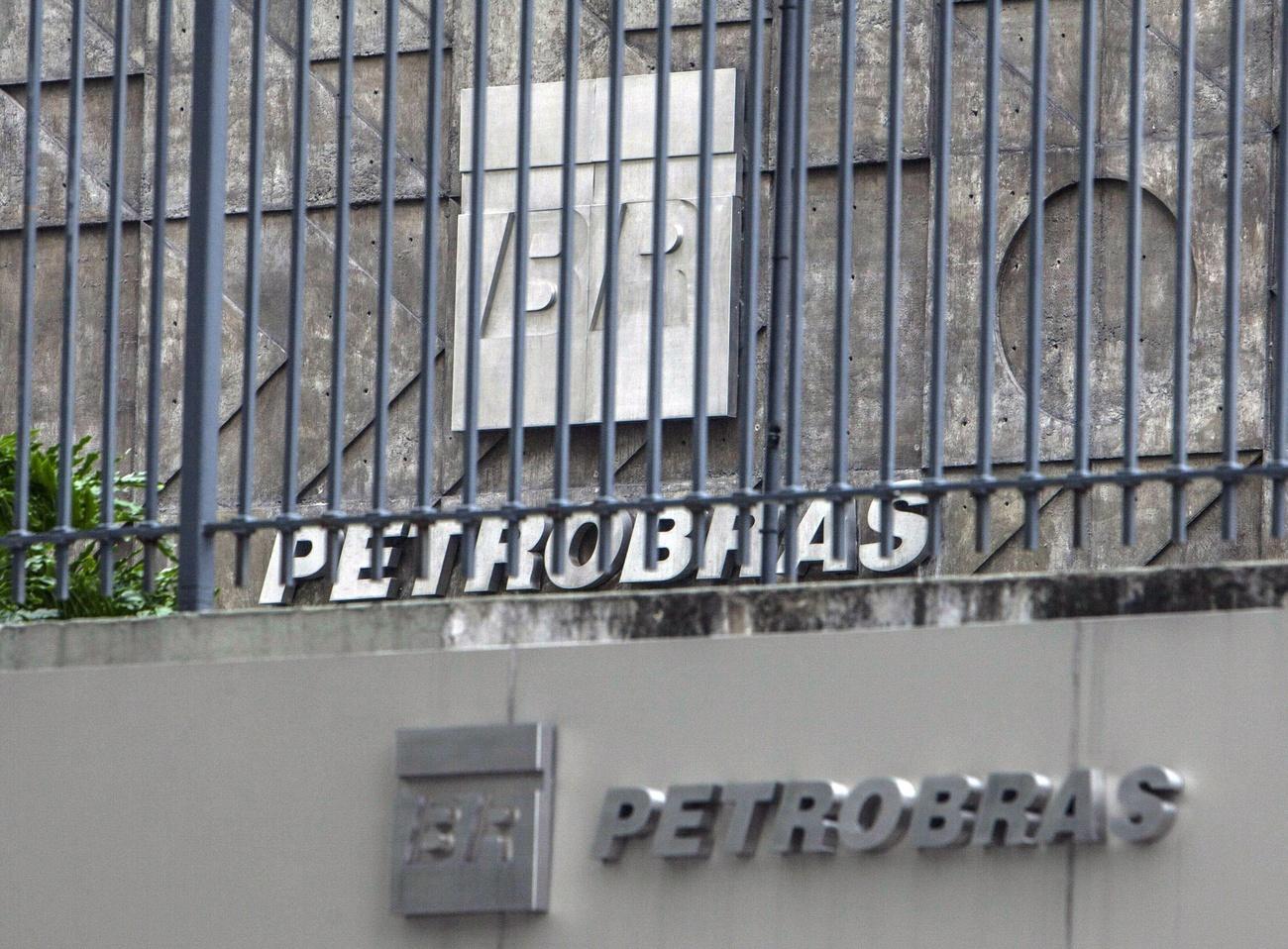

You can find an overview of ongoing debates with our journalists here . Please join us!
If you want to start a conversation about a topic raised in this article or want to report factual errors, email us at english@swissinfo.ch.